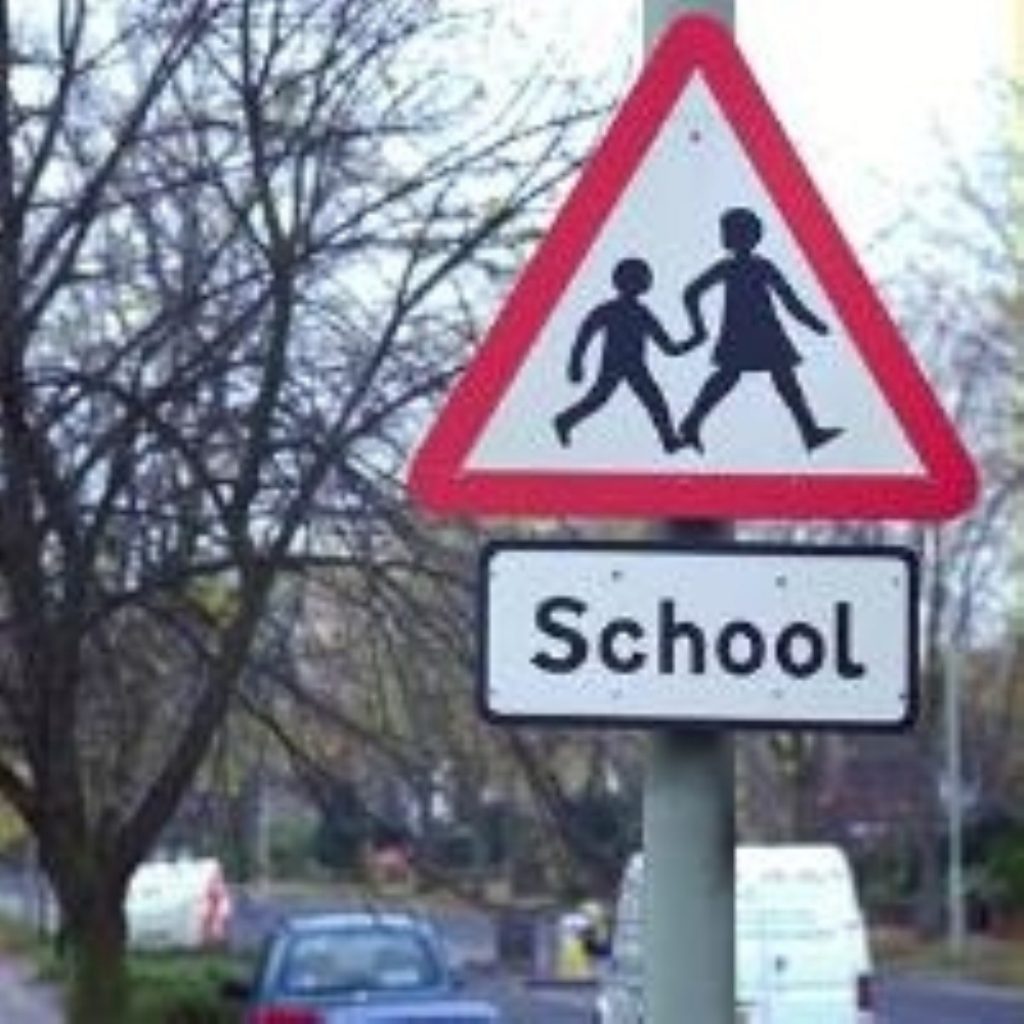School absence levels down, but no progress on truancy
The number of school days pupils are absent for has decreased under Labour, but there has been little success in reducing truancy.
A new report from the National Audit Office reveals that the truancy rate has not changed since 1997, despite the Government’s expensive crusade to keep children in school.
Figures from the NAO show that the truancy rate stands at 0.7 per cent (the same as in 1997), with 450,000 out of a total of 6.7 million state pupils missing lessons every day.
Since Labour came to power, £885 million has been spent on schemes to try to reduce truancy figures and ensure more youngsters are attending school every day, but the NAO’s report suggests that these measures have so far failed to have any impact.


In the last seven years, the overall rate of absence has dropped from 7.6 per cent to 6.7 per cent of school days. This reduction in absence is equivalent of around 60,000 more pupils back in school each day.
The NAO explains that this is largely due to a fall in the number of youngsters taking authorised absence, such as for illness and family holidays, and not because of any reduction in the number of pupils missing school without permission.
The NAO calls for the Government to focus more closely on primary school absence and parental attitudes to prevent young children falling into a pattern of absence. Negative parental attitudes to education are closely associated with truancy.
Auditor General Sir John Bourn, said: “Better attendance at school by pupils improves their educational achievements and, in turn, their lives and prospects. Even a small reduction in absence would result in many pupils receiving greater benefit from their education.
“The rate of absence from schools in England has proved difficult to reduce. However, the efforts of the Department for Education and Skills, local authorities and schools are starting to have an impact. They must keep up the momentum and reinforce in schools and among parents and pupils the importance of attending school.”
As the Government has already committed itself to spending a further £560 million on schemes to reduce truancy over the next two years, Shadow Education Secretary Tim Collins attacked the expenditure.
He said: “[The] Government is spending an awful lot of money and not getting a lot for it.”
However, Schools Minister Stephen Twigg stressed that school attendance is now at “record levels”, adding that the Government’s next challenge is to crack the “hardcore” two per cent of all the UK’s children who “account for almost half of all truancy”.












